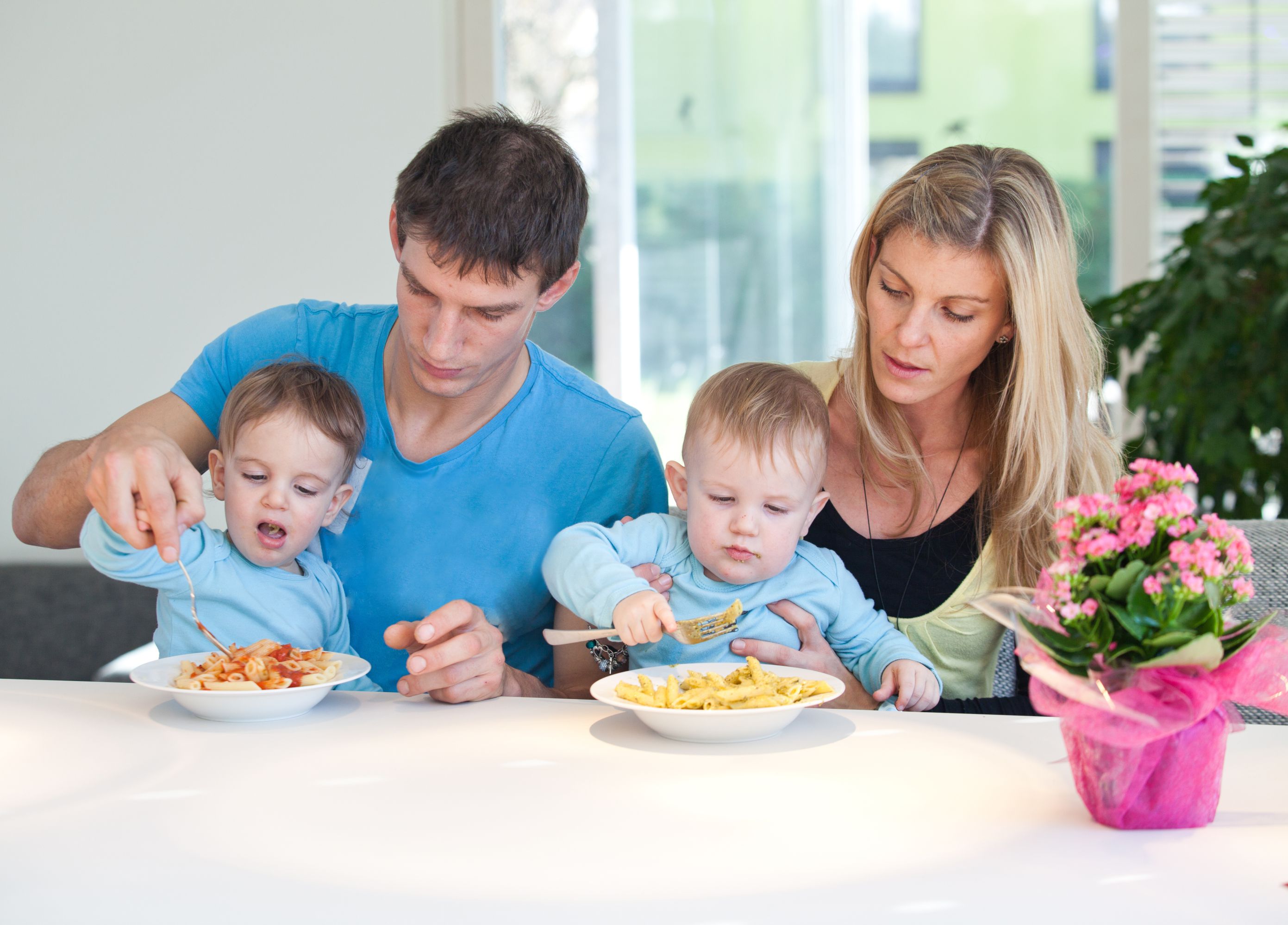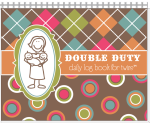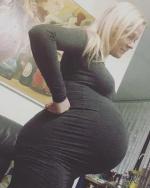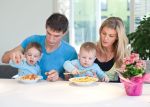Foods Babies Should Avoid

Some twins may want to eat everything they see, but it’s not a good idea. Some foods should be avoided at the beginning of your twins' solid food journey. These foods can bring on food allergies.
Have you ever been at a family gathering with your baby twins? Everyone seems to know what is best for them. They all want to feed your babies, but some of the things they try to give them can do more harm than good. If any of the "no-no" foods are around, don't be afraid to tell family and friends that your twins can't have it.
Several foods can cause food allergies in babies. This list includes eggs, cow’s milk, dairy products, soy, peanuts, shellfish, citrus fruit, and wheat. Stay away from these foods as long as possible. After age three, children should be on safe ground for introducing these foods one at a time.
If one or both twins experience an allergy to a particular food, get rid of it. The allergy may not be severe and they may outgrow it, but don’t take any chances. Severe allergies can cause an anaphylactic reaction. Always contact a doctor immediately if either of your babies shows any sign of an allergic reaction.
Dairy products are dangerous because of the bacteria. Pasteurization has eliminated the majority of these organisms from cheeses, milk, butter, and eggs. But, these higher in protein foods could still cause a reaction in babies so introduce only a little at a time when the time is right, usually after at least one year.
Foods that have not gone through the pasteurization process are not safe for baby. Buying juices and foods at stands, orchards, and outdoor venues are not good for babies. Some apple orchards sell non-pasteurized apple juice and cider. This might not be risky for adults, but our systems can handle it better than young twins.
The rule of thumb for babies is small pieces of food. The smaller the food the better. Others may be tempted to give your twins a piece of cracker or hot dog slices, but don’t give in. Pieces of food that are too large can cause a choking hazard for them. Crackers and chips have sharp edges that could cut a baby's gums or get stuck in their throat when not chewed well.
Honey, as sweet as it is, is not sweet for babies either. Honey is a natural sweetener that should not be given to baby under any circumstances. Raw honey, straight from the honeycomb, contains Clostridium botulinum, the bacterium that causes botulism. A baby that eats raw honey can develop botulism. Parents should be aware of all foods that have honey in them and avoid those as well.
Botulism is a form of food poisoning. If baby ends up with this nasty illness, he or she will develop a case of constipation, lethargy, lack of appetite, and muscle weakness. The bacteria can cause muscle paralysis, which can in turn lead to death.
The number of foods that could harm baby is relatively small. Omitting these foods will keep baby safer and avoid possible food allergies or worse. As parents we all want what is best for our baby and a good place to start is with the foods they eat.
*This article is not intended as actual medical advice. Always consult the proper healthcare provider with any questions or concerns you have.
Click here to go back to Feeding Twins
Click here to go back to Home Page

Recent Articles
-
Double Duty Log Book For Twins - An easy way to keep track
Apr 11, 24 06:18 PM
Our Double Duty Log Book for Twins will help you stay on schedule, keep track of feedings and more. Save your sanity and get it all done with a twin log sheet that really works! -
37 weeks+4days and feeling huge
Sep 14, 23 12:12 PM
I am expecting a boy and girl.❤️ My belly is massive,it’s 3 times bigger than my previous pregnancy.My bum has also gotten bigger(My hubby loves it)!I -
Foods Babies Should Avoid
Jan 12, 23 06:30 PM
Foods Babies Should Avoid is a part of our feeding twins guide








Comments or Questions?
Join the conversation. We love to hear from our readers!